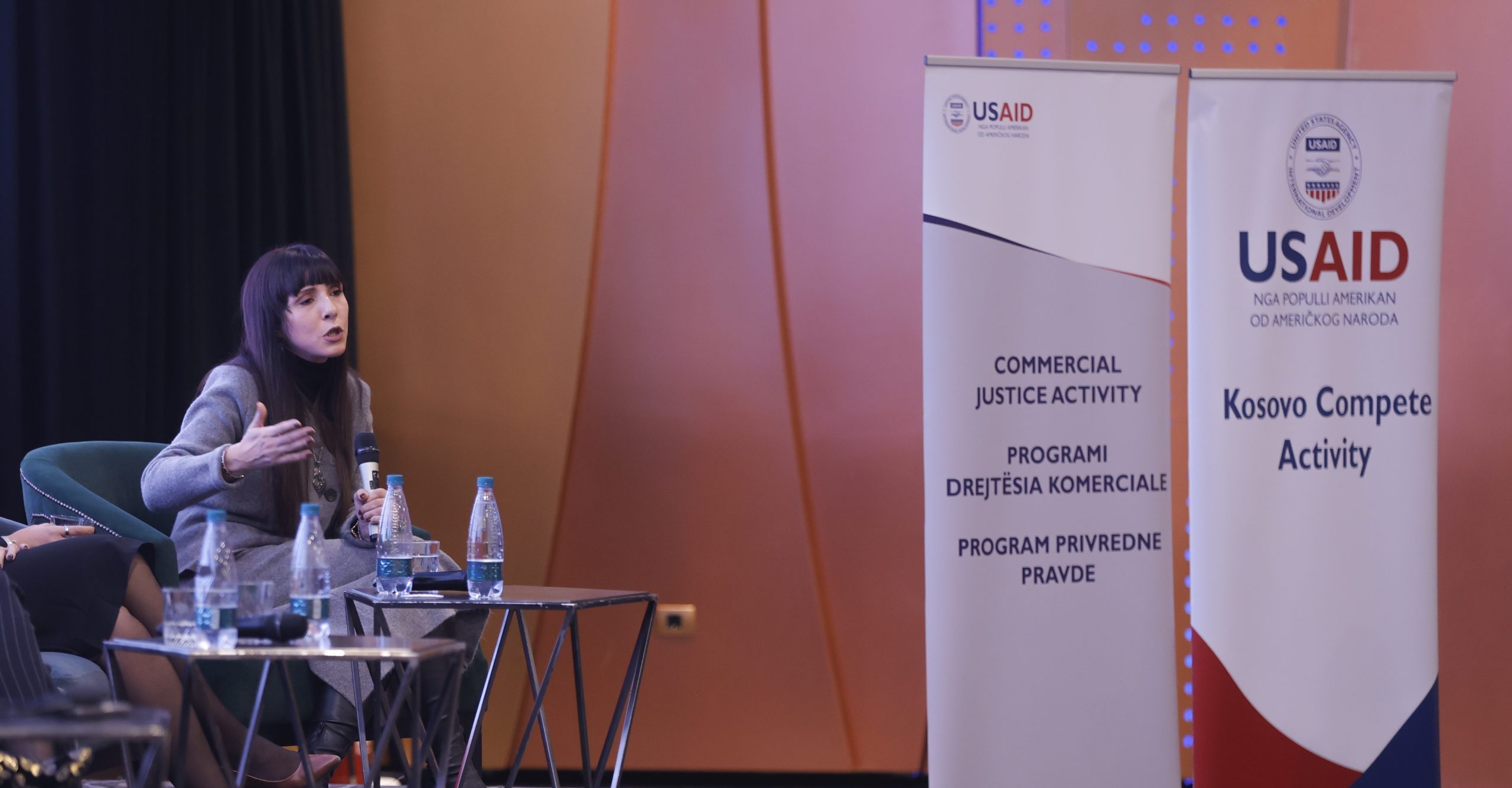When a dispute escalates beyond negotiation and mediation, it often lands in the courtroom. For MSMEs operating in Kosovo, understanding the role and functioning of the Commercial Court in Prishtina can be a game-changer. This isn’t merely a procedural point; it’s a strategic consideration that can influence your business decisions and long-term planning. This guide aims to shed light on the role of the Commercial Court in Pristina, what types of disputes it handles, and how it can be a resource for your business.
The Foundations: What Is the Commercial Court in Pristina?
The Commercial Court in Prishtina is a specialized court established under Kosovo Law No. 08/L-015. Designed to deal with commercial disputes, it serves as both a first and second instance court. This dual role enables it to adjudicate initial complaints and also handle appeals, providing a streamlined process for commercial dispute resolution.
Jurisdiction and Chambers
The court has jurisdiction over the entire territory of Kosovo and is organized into two main chambers:
- First Instance Chambers: Responsible for initial adjudications, usually managed by a single judge.
- Second Instance Chambers: Act as appellate courts, usually comprising a panel of three professional judges.
Types of Cases Handled
The Commercial Court in Pristina deals with a range of issues Court in Pristina, including:
- Contractual disputes
- Intellectual Property matters
- Labor law violations
- Insolvency and bankruptcy
- Property rights
Example: If you run a software development agency in Prishtina and face a contractual dispute with a client over payment terms, the Commercial Court would be the place to resolve this issue.
The Procedure: From Filing to Resolution
Step 1: Case Assessment
Before taking your case to court, consult with a legal advisor to assess its merits and determine the appropriate legal strategy.
Step 2: Filing the Case
To initiate proceedings, you’ll need to prepare and submit a complaint document along with any relevant evidence to support your case. The court charges a nominal filing fee, payable at the time of submission.
Step 3: Case Management
Once the case is filed, it will be assigned to a judge or a panel, depending on its complexity and nature.
Step 4: Hearings
Parties involved will be called for hearings, where they can present arguments and evidence.
Step 5: Judgment
After considering all aspects, the judge or panel will issue a judgment. If unsatisfied, either party can appeal to the Second Instance Chambers.
Step 6: Enforcement
Once a judgment is rendered, the next step is its enforcement, which is usually carried out by the Kosovo Enforcement Agency.
Navigating the Commercial Court: Tips for MSMEs
- Legal Representation: While not mandatory, having a legal representative can be beneficial given the technicalities involved.
- Documentation: Ensure all relevant documents—contracts, emails, financial records—are well-organized and readily available.
- Timelines: Be aware of statutory timelines for filing cases and appeals, as missing these could result in losing your right to legal recourse.
A Strategic Asset for MSMEs
Understanding the role of the Commercial Court in Prishtina isn’t just a legal requirement; it’s a strategic asset that can greatly assist MSMEs in Kosovo. For businesses—especially those owned by women and minorities—engaging effectively with this institution can provide a robust mechanism for dispute resolution. By ensuring you are well-informed and prepared, you can navigate the complexities of the legal system with confidence, safeguarding your business interests in the challenging yet promising landscape of Kosovo’s commercial sector.








